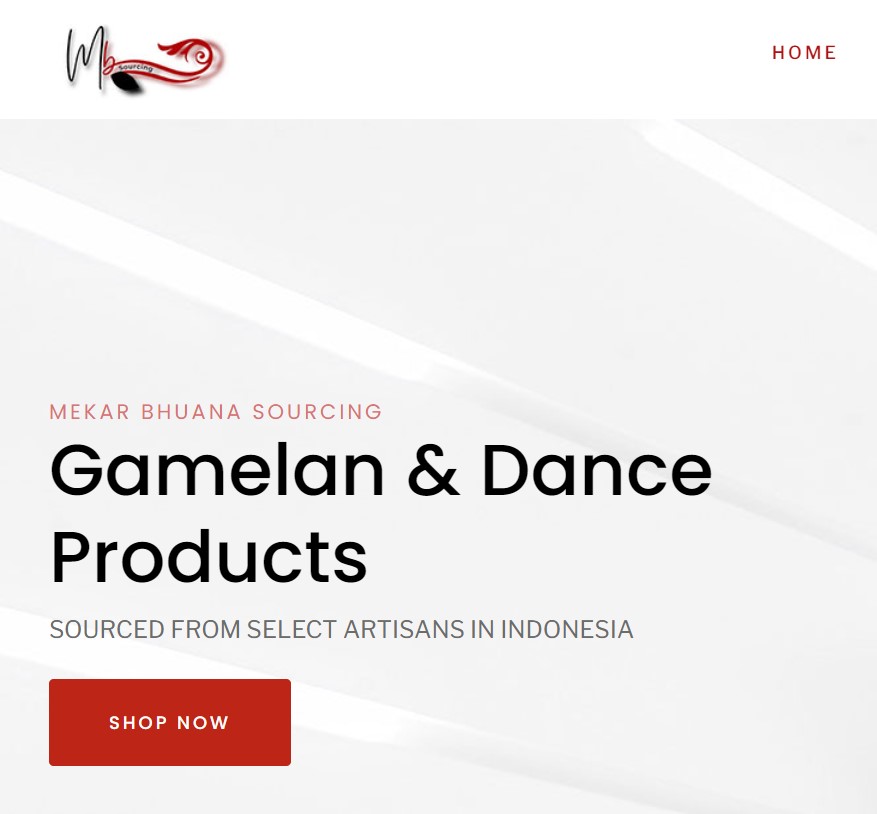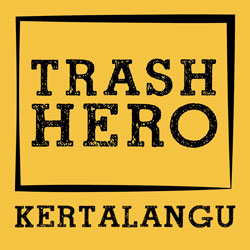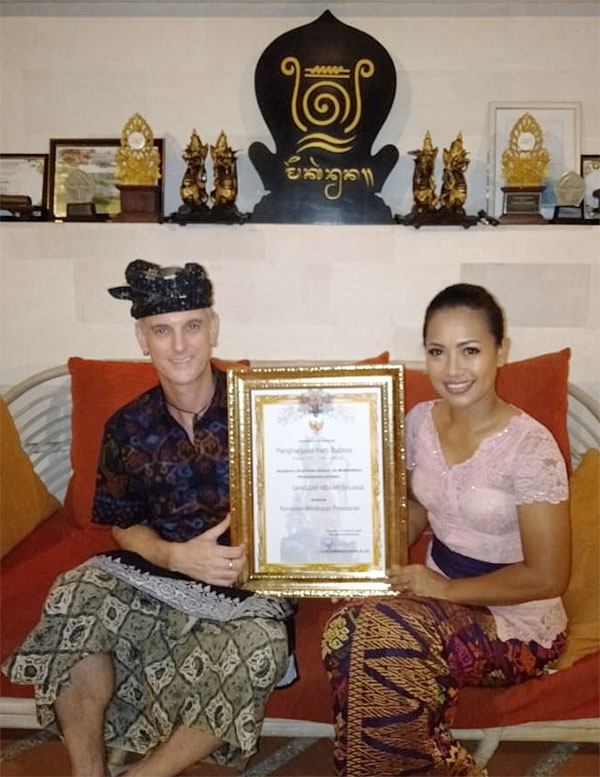One of the most common questions we get from potential students who contact Mekar Bhuana is what the difference is between a lesson and a workshop.
People who want to learn Balinese gamelan music and/or dance have different aims. There are some who want to focus on the practical, tackle technique straight up, start getting into repertoire so that they can master a particular instrument, gamelan style or dance and get to perform. This would be the kind of person who should take practical lessons, one on one with an instructor. Group lessons are a possibility too but are normally for the more advanced (or casual drop-in when we offer these) who need to learn about ensemble playing once they have mastered a particular instrument or to understand how a particular dance choreography works with more than one dancer. A private lesson will focus on one instrument from one genre (e.g. kendang drum from the bebarongan repertoire) or one dance from one genre (e.g. Legong Condong from the Legong repertoire). A student can choose to take a package of lessons that would possibly be enough to learn the basics of one instrument or dance. The aim would be that by the end of one’s study they could perform the instrument in a basic way with an ensemble. During the time they are studying at Mekar Bhuana, due to the large number of ceremonies that occur in Bali, there may just be an opportunity for a public performance in a temple or something similar.
Workshops are for those who want a more broader introduction first so that they can decide later from which angle they’ll approach Balinese gamelan or dance: will it be an instrument or dance from the court period, the archaic period or the 20th century for example? Do they want to learn more about the theory or structure of music or dance in Bali first so that they can pass this on as an educator or incorporate these aspects into their own compositions? Do they simply want to absorb themselves in daunting range of sounds, pitches, timbres, scales, modes and instrument materials that is Balinese gamelan? Do they want to learn more about the Balinese people and their history by learning about the sociology and anthropology that caused these complex art-forms to come about? Private workshops at Mekar Bhuana are presented by an English-speaking expert who is often a research in some aspect of Balinese gamelan music or dance together with an instructor who is an all-round musician or dancer who is familiar with a great number of instruments, dances and genres.
Both gamelan and dance workshops take students through the history of the art-form, both using physical instruments and props as well as assistance from a Power Point presentation.
For a gamelan workshop, many instruments from different ensembles are displayed in front of the student and then explained and demonstrated: just to set up the workshop studio takes around one hour before the student arrives. Most of the ensembles at Mekar Bhuana are genuine antiques and have their own particular character due to their appearance, timbre, composition and tuning. Instruments or ensembles which are not found at Mekar Bhuana are shown with the aid of a Power Point presentation.
For a dance workshop, costumes, make up and masks are displayed in front of the student and then demonstrated, often with the aid of a Power Point presentation, moving slowly through the history of Balinese dance.
At both workshops, students can ask questions at any time, and in this sense guide the direction of the workshop as the conversation takes a turn in a new direction. Since our experts and instructors are very familiar with presenting workshops and are also continuing to build on their own knowledge, no presentation is the same – so even if a student chooses to take a workshop again they will always learn something new.
A half-day workshop at Mekar Bhuana is two hours long and features a 30 minute explanation and demonstration component with the remainder used to experience the music or the dance. A full-day workshop is four hours with an hour explanation and demonstration session and three hours to try anything they want that they see in front of them.
Students who take workshops are encouraged to treat the practical component as an experience to try things out with an aim at future study or specialization, rather than spend time on one particular instrument or dance, bearing in mind that that is the focus of a practical lesson.
Workshops at Mekar Bhuana are very special and unique – in fact, the private workshops at Mekar Bhuana are the only ones of their kind in the world and all students comment on the fact they have experienced something very personal and fulfilling.
Other than our Sunday sessions from 1-3 PM where students can book in to take part in a group gamelan session, we don’t offer group lessons or workshops unless the individual has an already formed group: for example, they are bringing a school or university group to Bali or are the leader of an arts organisation.
So for the time being, the option we are offering is private study. Although in the future we are not ruling out the possibility of public classes that would initially cater to beginners.
I hope that this has helped to explain to prospective Mekar Bhuana students the key differences between the two types of study offered at our centre, and which one would be more suited to their purpose.



